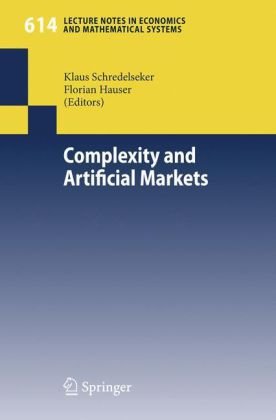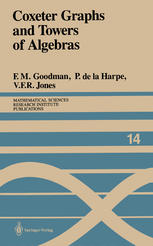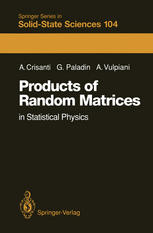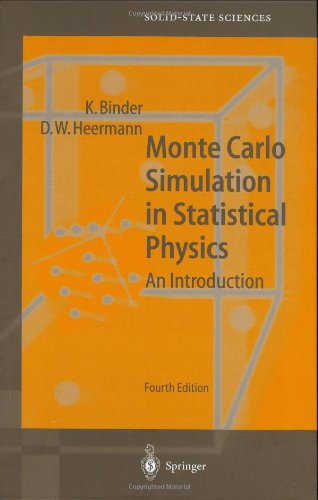Marco LiCalzi, Paolo Pellizzari (auth.), Dr. Klaus Schredelseker, Dr. Florian Hauser (eds.)3540705538, 9783540705536, 9783540705567
In recent years, agent-based simulation has become a widely accepted tool when dealing with complexity in economics and other social sciences. The contributions presented in this book apply agent-based methods to derive results from complex models related to market mechanisms, evolution, decision making, and information economics. In addition, the applicability of agent-based methods to complex problems in economics is discussed from a methodological perspective. The papers presented in this collection combine approaches from economics, finance, computer science, natural sciences, philosophy, and cognitive sciences.
Table of contents :
Front Matter….Pages i-xix
Zero-Intelligence Trading Without Resampling….Pages 3-14
Understanding the Price Dynamics of a Real Market Using Simulations: The Dutch Auction of the Pescara Wholesale Fish Market….Pages 15-25
Market Behavior Under Zero-Intelligence Trading and Price Awareness….Pages 27-37
Evolutionary Switching between Forecasting Heuristics: An Explanation of an Asset-Pricing Experiment….Pages 41-53
Prospect Theory Behavioral Assumptions in an Artificial Financial Economy….Pages 55-66
Computing the Evolution of Walrasian Behaviour….Pages 67-76
Multidimensional Evolving Opinion for Sustainable Consumption Decision….Pages 77-87
Local Interaction, Incomplete Information and Properties of Asset Prices….Pages 91-105
Long-Term Orientation in Trade….Pages 107-119
Agent-Based Experimental Economics in Signaling Games….Pages 121-129
Why do we need Ontology for Agent-Based Models?….Pages 133-145
Production and Finance in EURACE….Pages 147-158
Serious Games for Economists….Pages 159-171
Computational Evolution….Pages 175-193
Artificial Markets: Rationality and Organisation….Pages 195-234







Reviews
There are no reviews yet.